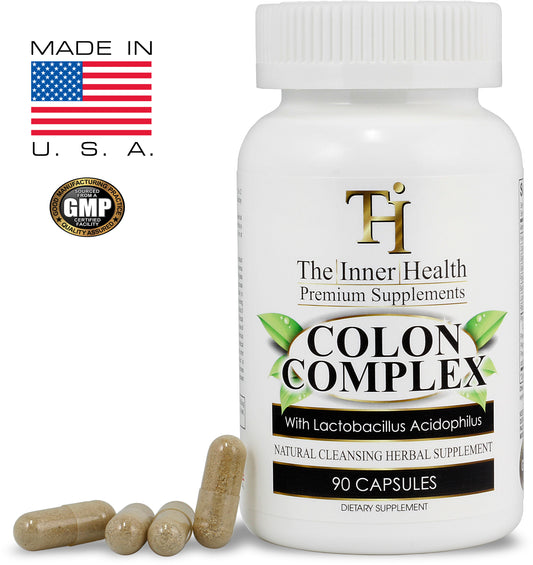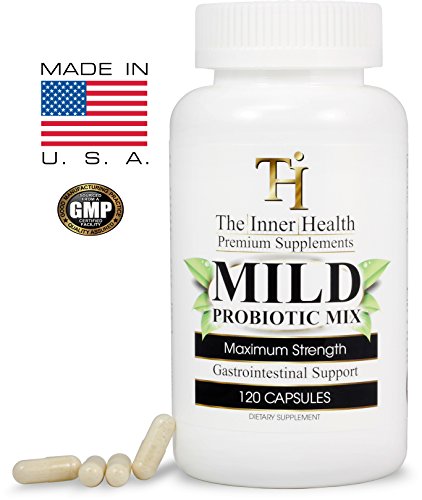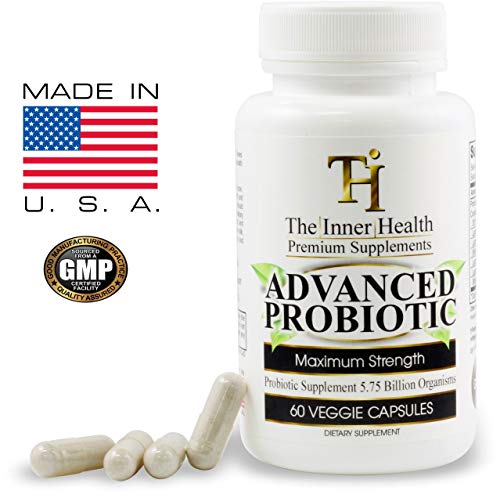Caprylic acid, a key ingredient in products like coconut oil, is gaining recognition for its strong antibacterial, antifungal, and anti-inflammatory actions. More than just fighting infections, it plays a significant role in regulating digestive processes and curbing appetite, especially for sugar-rich foods. Dive into the world of caprylic acid.
Understanding Caprylic Acid Caprylic acid, also known as octanoic acid, is an organic carboxylic acid renowned for its health benefits. The term 'caprylic' comes from the Latin 'caper,' meaning goat, indicating its presence in goat and sheep milk fats.
Sources of Caprylic Acid This acid is predominantly found in the milk of certain mammals, along with coconut and palm oils. As a medium-chain saturated fatty acid, it boasts notable antibacterial and anti-inflammatory qualities.
The Health Benefits and Uses of Caprylic Acid Caprylic acid is acclaimed in both medical and dietary fields for its diverse benefits:
- It exhibits strong antibacterial and antimicrobial properties, especially effective against fungal infections and yeasts.
- It supports gastrointestinal health by helping maintain a balanced gut microflora.
- Its antioxidant properties play a crucial role in neutralizing free radicals.
- It aids in regulating digestion and supports a healthy gut microbiome.
- It has been shown to reduce cravings, particularly for sweets.
Research has revealed that caprylic acid can lower blood glucose levels and inhibit glycolysis, as noted by researcher Meric Altinoz. This property is beneficial for liver health and may have implications in treating liver cancer cells. Caprylic acid is also suggested to have neuroprotective benefits, protecting mitochondria in various neurodegenerative conditions.
How to Incorporate Caprylic Acid into Your Regimen Caprylic acid is available in capsule form. The dosage should be customized to individual requirements and under medical guidance. A common dosage is one capsule taken twice daily with meals, ensuring not to exceed the recommended daily intake.
Precautions and Contraindications of Caprylic Acid While generally safe for most people, caprylic acid does have some contraindications. These include allergies to the acid, severe liver conditions, pregnancy, breastfeeding, and possible drug interactions. Always consult with a healthcare professional before starting any new supplement, especially caprylic acid.
Source: www.pubmed.ncbi.nlm.nih.gov





